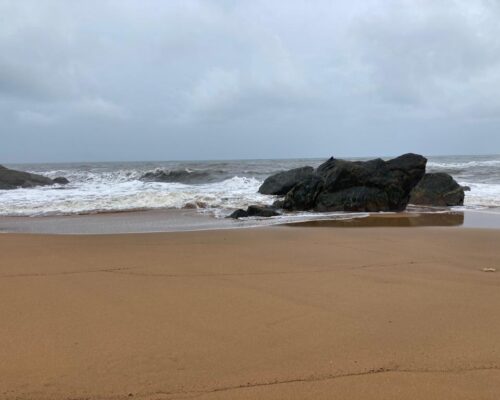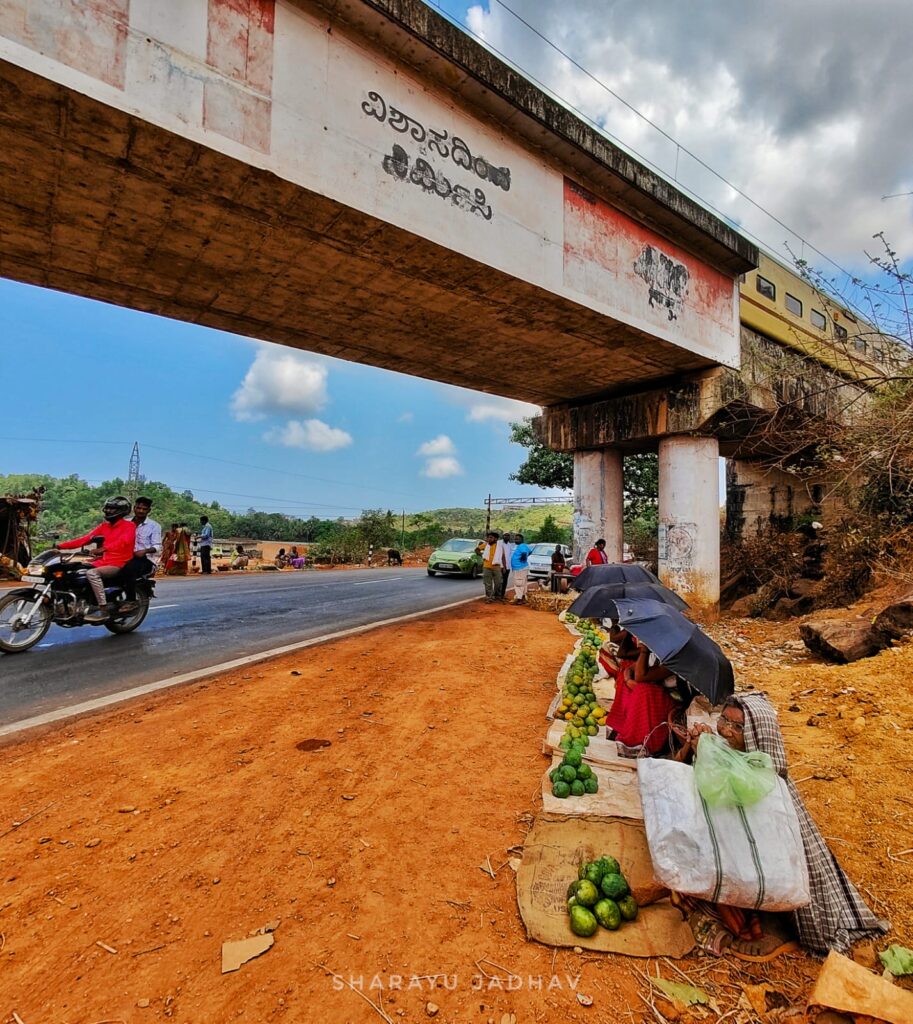
Mango, The king of fruits in India. The favourite summer fragrance and taste for most of us. The word Mango is derived from a Malayalam word called ‘Manna’, which means the highest fruit.
This is the story of a Local King called ‘Ishad’. A Mango variety that grows exclusively around Ankola, a coastal town in Uttara Kannada district of Karnataka. This mango has two varieties, Kari Ishad (thin skin) and Bililshad (thick skin). It is a fleshy fruit with a small seed. The mango is harvested from mid-May. These juicy mangoes can be eaten as it is, and the pulp is extracted to use in value-added products. The only drawback of this variety is its short shelf life after ripening.
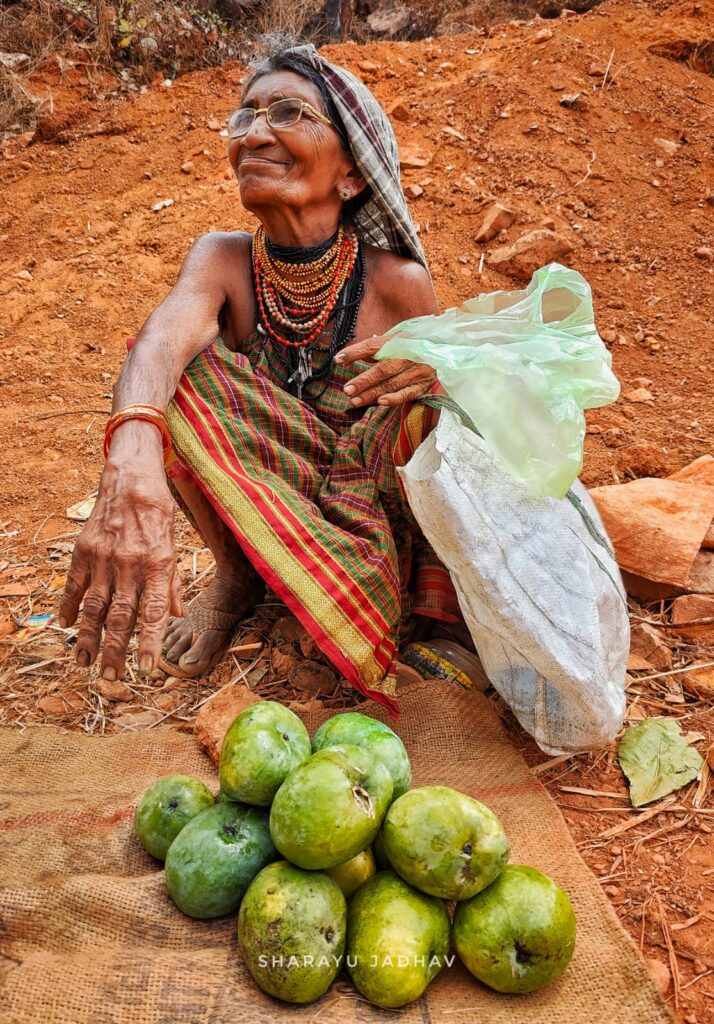
The town is 9 km from Red Earth Resort in Gokarna. If you plan to visit the town, you will get to see the farmers and women from the Halakki Gowda community selling these mangoes in the markets. As the town is located near NH 63 and 66, travellers stop by the mango stalls along the highways. When I was travelling to Gokarna on NH 66, I approached the woman sitting on the roadside. From nearby villages, they would come just to sell these mangoes.
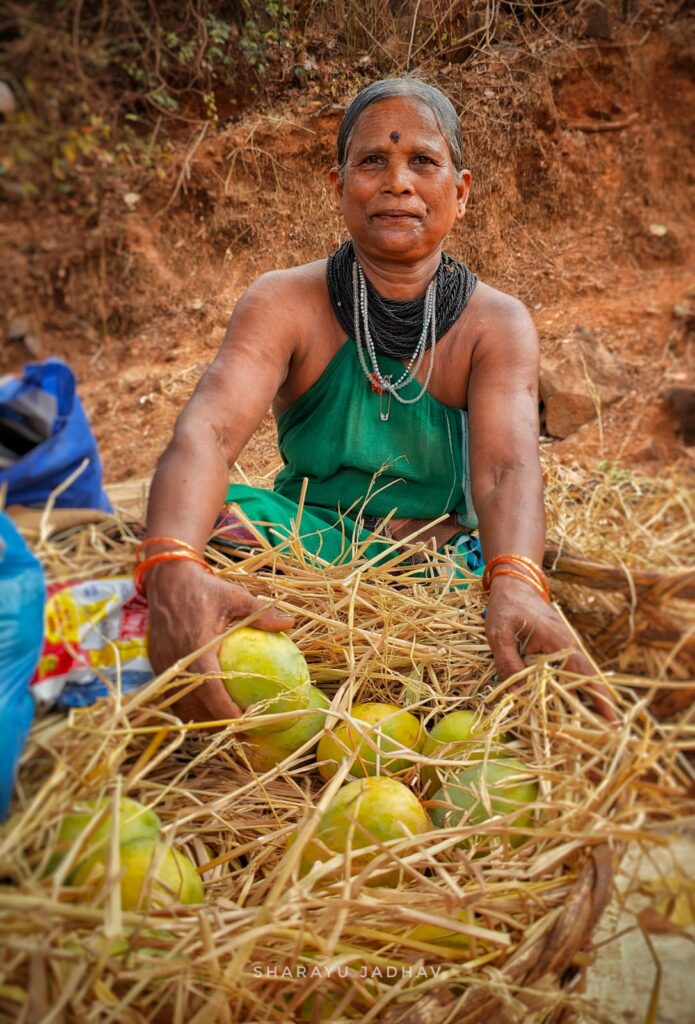
One of our trekking routes takes you to the Belambar village with a view of the Arabian Sea while crossing the hills. A stretch of around 3 km to and fro. That’s the regular route for the locals. From the beginning of May, the villagers carry their hand-woven baskets to collect mangoes from their land/plantations. One mango can weigh up to 0.75 kg. They carry around 30-40 mangoes in the basket, and the strength travels back from the same pathway.
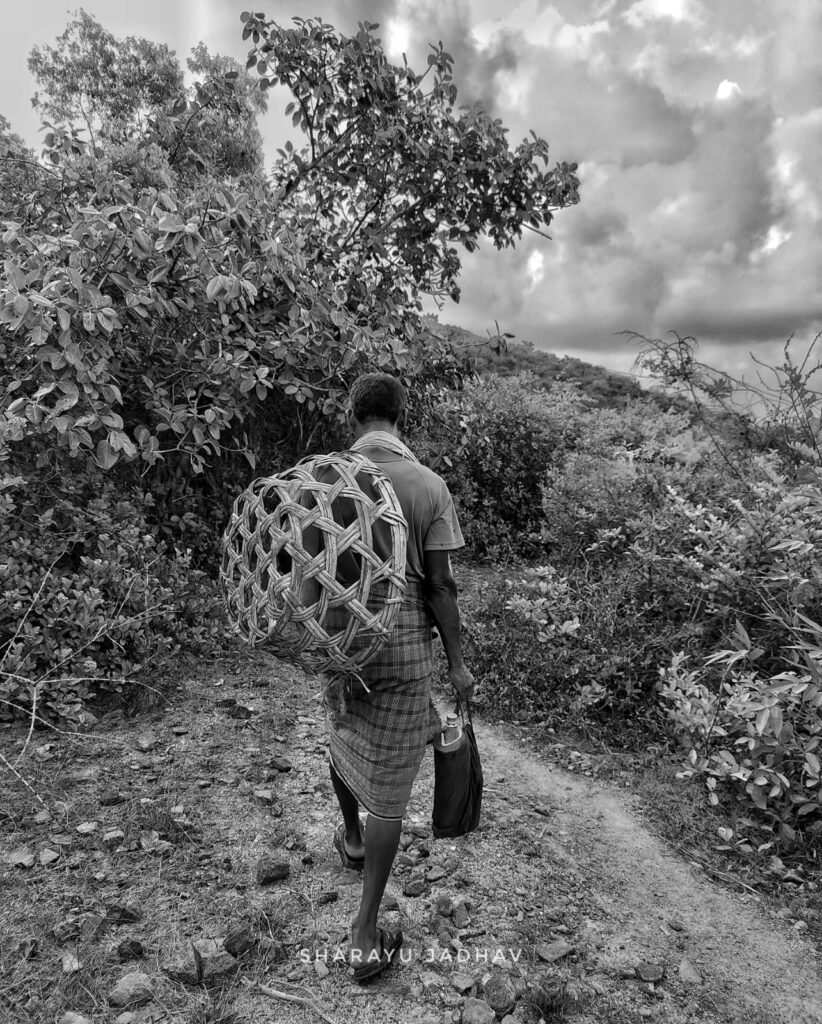 The mango has received a GI tag and has also received a bit of attention in the country.
The mango has received a GI tag and has also received a bit of attention in the country.
But it is also facing the threat of becoming rare in its homeland due to the competition with hybrid varieties. I hope this tasty, juicy mango gets more popular. When you plan your stay with us or a visit to Gokarna or pass by on the highway during summer, visit these mango stalls and grab some delicious mangoes. That way, you would contribute to the livelihood of the local communities.
Go local Eat local!🥭
Image and words by Sharayu, Naturalist, Red Earth.

